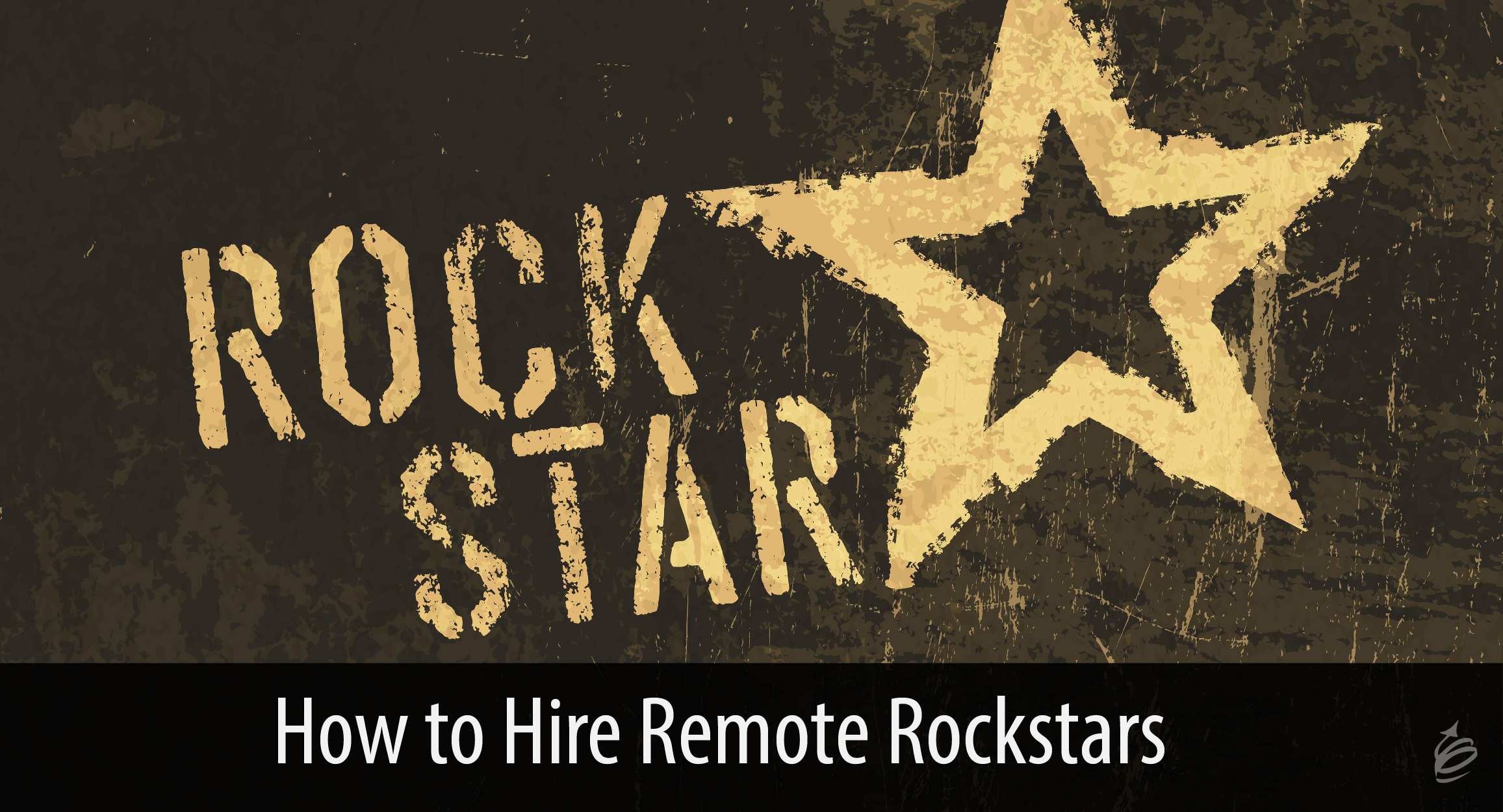More and more people are working remotely at least some of the time. A study from the freelancing website Upwork reports that nearly two-thirds of companies have remote workers. Put those facts together and it is clear – if you don’t have any remote workers now, you likely will soon.
Even more likely than that is that you haven’t adjusted your recruiting and selection process to take working remotely into consideration. Here is the bottom line: whether the person you hire today will work remotely to start or not, they certainly might at some point; and so you need to make that reality a part of the hiring process.
For the sake of you, your newest team members, and everyone already in place, please don’t just nod your head and move on – take heed of this idea. If you aren’t sure what to do differently, you are in the right place.
Here are seven changes to make that will increase the chance that you get the right team members who are prepared to be successful working remotely.
Change Your Job Description
If working away from the office, teleworking, or working independently is or might become a part of this job, have you included it in the job description? I know that seems obvious, but I also know we often move quickly to fill positions and use the description in place without much thought. If the job includes a remote component from the start, consider using that in job announcements and recruiting efforts too – this will make the assignment clear and help attract candidates who know they want to work remotely.
Change Your Selection Criteria
Make the interest in, suitability for, and experience in working remotely a part of your selection criteria, both in deciding who to interview and in making your final selection. Again, make it a clear and intentional part of your selection process if you want to hire for remote interest and skill.
Change How You Interview
If people are going to be working remotely, I strongly encourage at least part of the interview process taking place via phone and preferably webcam. Think about it this way – people working remotely will be communicating with many people using these technologies. Doesn’t it make sense we learn their comfort and aptitude in communicating in these ways before we select them?
Change Your Interview Questions
You likely have a set of favored or planned interview questions. If none of them address the realities of working remotely, you need to update your questions! Consider questions about experience with, comfort with, and desire to work remotely. Also, talk about communication and collaboration styles, which become even more important when working remotely.
And then after you have picked your future Rockstar, set them up to succeed. Here is how:
Change Your Expectations
Having mutually clear expectations is the foundation for any successful employee. When people work remotely this becomes even more true (if that is possible) for two reasons:
- The expectations might be different because of the location of work and the distance to other team members – those differences must be clear.
- The natural chance to clarify and adjust when we see people frequently (daily?) doesn’t exist when people are working elsewhere, making clarity of expectation up front even more important.
Make sure your expectations for a remote worker are clear to you and them when they start – it is the best thing you can do to improve the chances of their success.
Change Your Onboarding
Make sure that the onboarding process includes the explicit process of new people getting to know their new teammates. Again, if we are all in the same office some of this will happen naturally, but when a new person works remotely, their communication will likely become very transactional and people often never build any sort of connection with those they work with.
When a new person joins our team, they are expected to have a 30-minute conversation with every other team member with the expressed purpose of getting to know each other – at least 15 minutes of that conversation shouldn’t be about work at all.
Change Your View of Success
This starts with expectations but expands to how and what you coach about. If you have team members who are “getting their work done” but there are other concerns, make sure you are addressing those other concerns, as the remote nature of the work is likely playing a role in whatever comes after the “but.” Coach to the full set of expectations and help people be truly successful in their new role.
If you take these steps you are more likely to attract and select the right people to work remotely part or all of the time, and you will be setting them up to succeed once they arrive.


0 comments